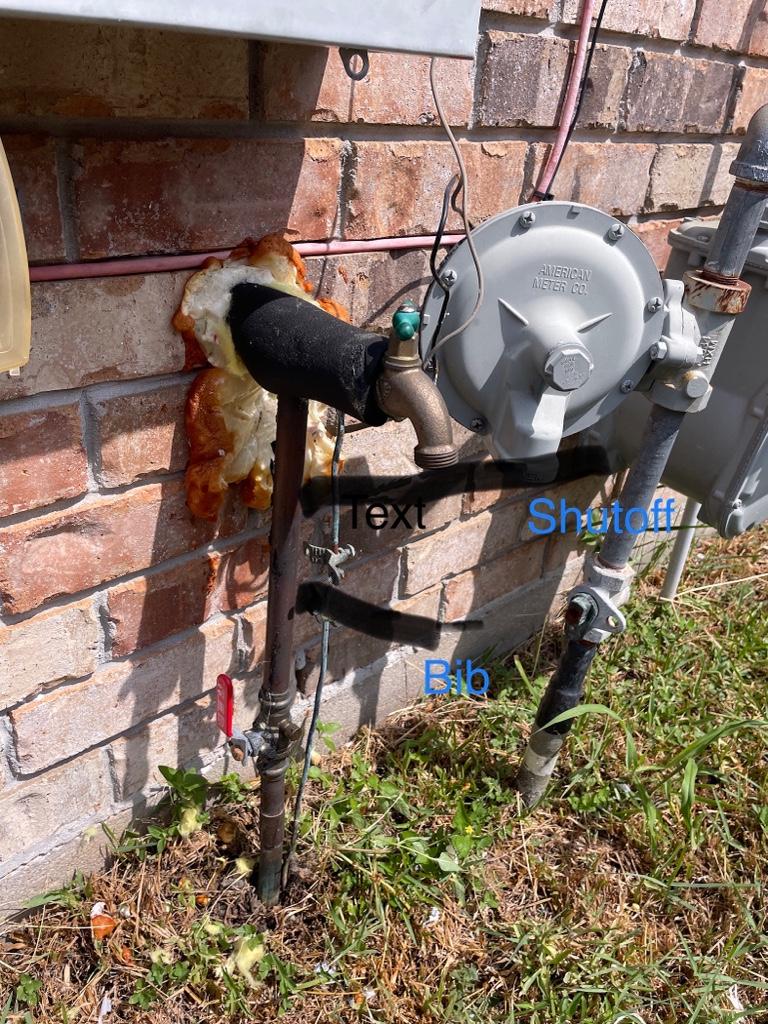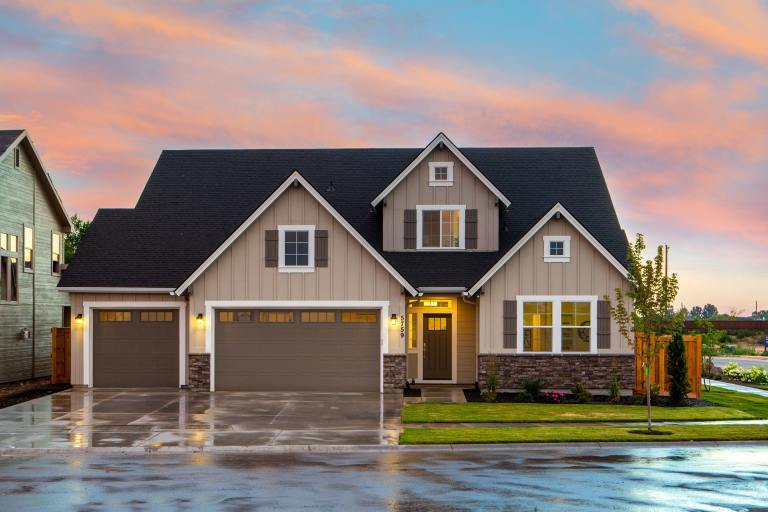So I have a question for any plumbers on the site. We live in St. Bernard and have a house in Metairie also and are supposed to see salt water in the St Bernard parish’s water system sometime around the 10th-13th of October with sodium becoming above safe drinking levels of 250ppm around the 19th or so. I really don’t care about the drinking water problem. That’s a non issue. My worry are our pipes throughout the house. They are all made of copper and from what I’ve read copper is the least resistant to salt water. Supposedly this could possibly go on though January or longer. So I have somewhat of a plan just want to see from a plumber’s perspective if doing what I want to do would mess up anything more than the saltwater in the lines.
I want to add another shutoff above the one already going into the house. In between the two shutoffs I want to put in a hose bib to be able to still use whatever the parish is pushing out but without it going through the house pipes for how many weeks or months this could possibly last. Would have an ample supply of water for flushing toilets, washing pots and pans etc…, can fill camping showers and hang in the shower to still get clean and all. Was going to run the hose to the washing machine to still be able to wash clothes. My question is without water running through the house lines for that long would anything get messed up once we the opened the main back up again after all this crap is over. I’m especially wondering about the hot water heater. We wouldn’t be using any water from faucets or tubs or anything. Just what we could pull in from the hose bib. Any issues that might arise?
I replaced all the pipes in our Metairie house 20 years ago when I bought it. Had to switch all galvanized to copper. Luckily all pipes were run through the attic. In St. Bernard they are all in slab and would be a nightmare to deal with. I don’t want to have to replace them in either house after this debacle and realize a short term with salt water in the lines isn’t much of a problem. I’m just thinking it may not be a short term problem. Ideas or info would be appreciated.

I want to add another shutoff above the one already going into the house. In between the two shutoffs I want to put in a hose bib to be able to still use whatever the parish is pushing out but without it going through the house pipes for how many weeks or months this could possibly last. Would have an ample supply of water for flushing toilets, washing pots and pans etc…, can fill camping showers and hang in the shower to still get clean and all. Was going to run the hose to the washing machine to still be able to wash clothes. My question is without water running through the house lines for that long would anything get messed up once we the opened the main back up again after all this crap is over. I’m especially wondering about the hot water heater. We wouldn’t be using any water from faucets or tubs or anything. Just what we could pull in from the hose bib. Any issues that might arise?
I replaced all the pipes in our Metairie house 20 years ago when I bought it. Had to switch all galvanized to copper. Luckily all pipes were run through the attic. In St. Bernard they are all in slab and would be a nightmare to deal with. I don’t want to have to replace them in either house after this debacle and realize a short term with salt water in the lines isn’t much of a problem. I’m just thinking it may not be a short term problem. Ideas or info would be appreciated.




